Introduction
As we enter 2024, the Public Services and Government industry is experiencing a significant transformation driven by the rapid advancement of technology. Governments around the world are increasingly embracing digital solutions to enhance operational efficiency, improve public engagement, and provide more accessible and secure services.
Technologies such as artificial intelligence, blockchain, and the Internet of Things (IoT) are reshaping how public services are delivered, fostering greater transparency, accountability, and responsiveness. These innovations are not only improving how governments function but are also helping them meet the growing expectations of modern citizens.
1. Artificial Intelligence (AI) and Machine Learning (ML)
AI and ML are helping governments automate repetitive tasks, optimize decision-making processes, and improve public services such as:
Smart Cities: AI-driven traffic management, energy optimization, and waste management.
Predictive Analytics: ML algorithms can predict and manage public service needs, such as emergency response or resource allocation.
Chatbots: AI-powered virtual assistants improve citizen interaction, delivering real-time assistance on government platforms.
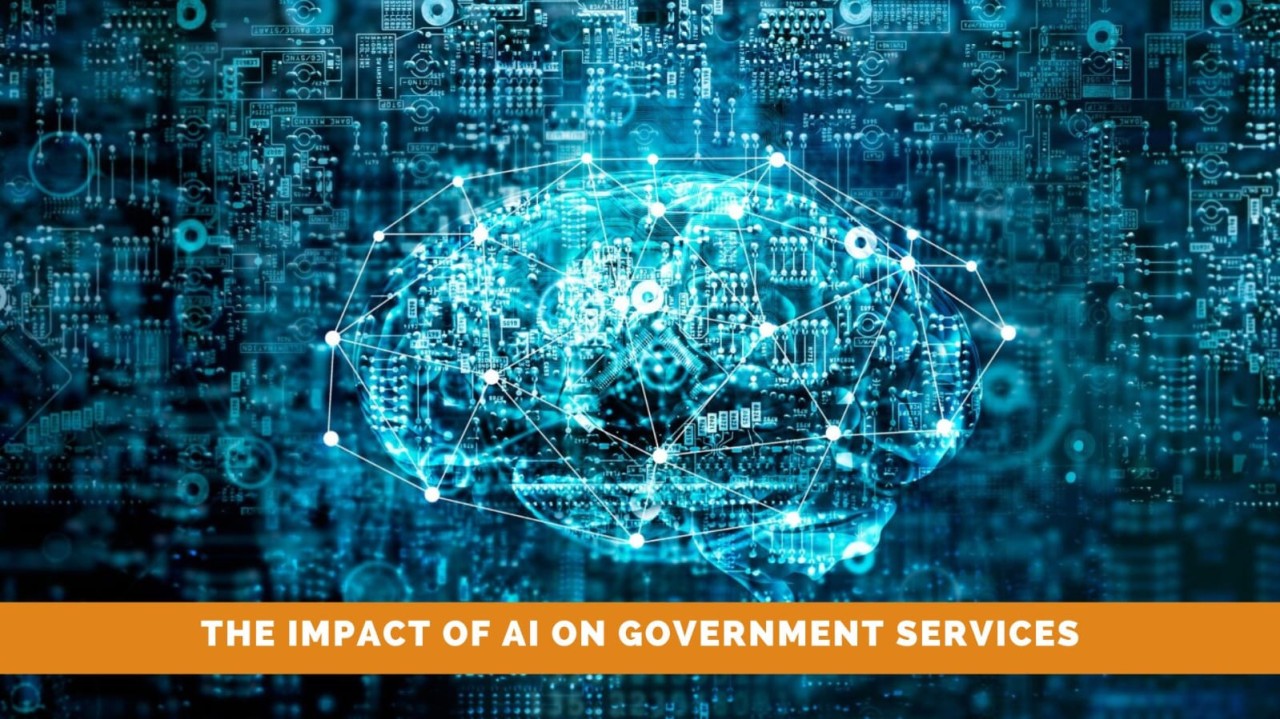
2. Blockchain for Transparency and Security
Blockchain is being adopted to increase transparency and reduce corruption by providing an immutable ledger for various processes:
Voting Systems: Blockchain-based voting ensures secure, tamper-proof elections.
Public Records Management: Secure and transparent tracking of records like land titles, tax payments, and legal documentation.
Contract Management: Smart contracts can automate government procurement, reducing fraud.
3. Cloud Computing and Edge Computing
Cloud solutions are transforming public sector infrastructure by enabling:
Data Storage and Analytics: Governments are increasingly adopting cloud platforms to store vast amounts of data while leveraging real-time insights.
Scalable Infrastructure: Cloud-based infrastructure allows governments to scale IT resources based on demand, optimizing costs and improving service delivery.
Edge Computing: Processing data closer to the source (such as in IoT applications) reduces latency, crucial for services like emergency response or traffic control.
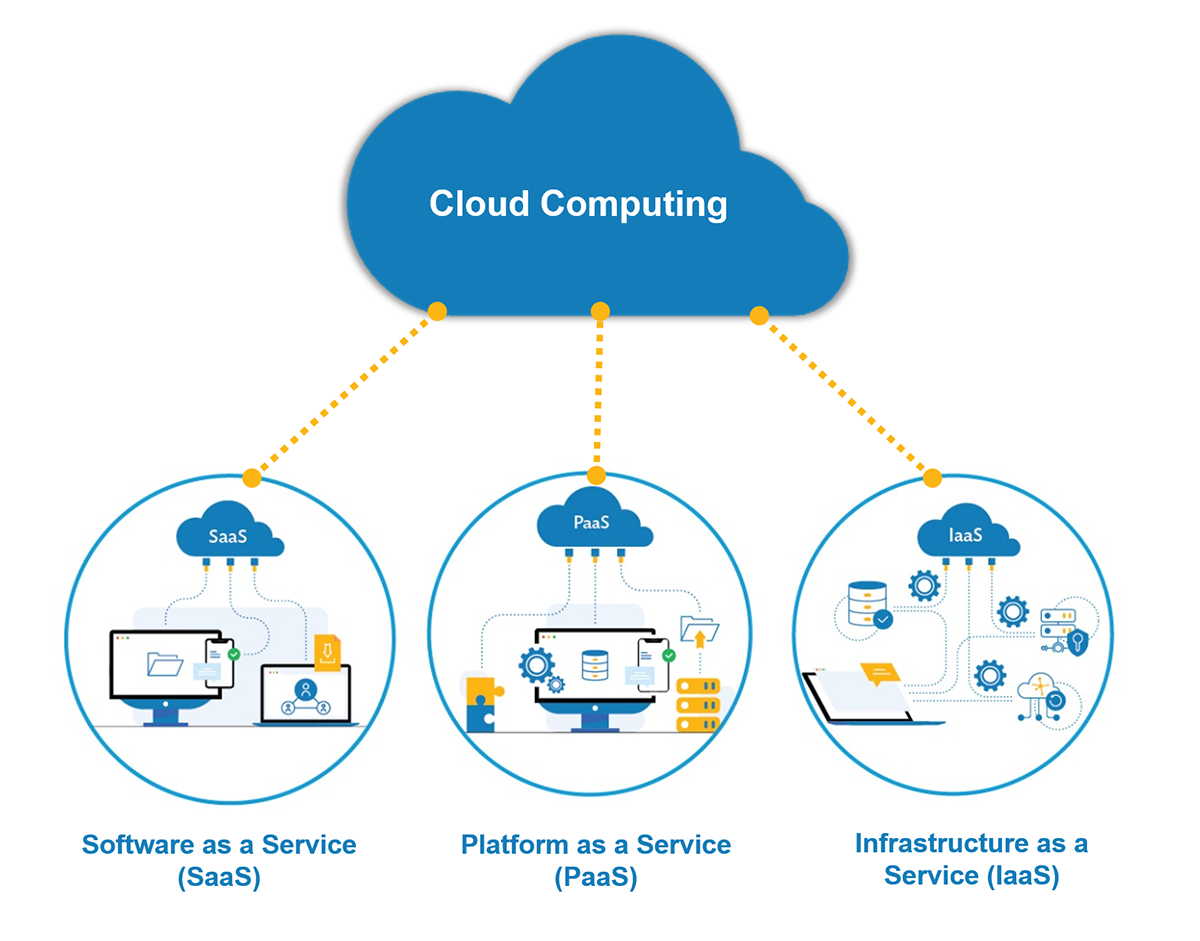
4. Internet of Things (IoT) for Smart Governance
IoT enables real-time data collection and monitoring, which is essential for efficient governance:
Smart Infrastructure: Sensors in public infrastructure (roads, bridges, buildings) help monitor conditions and trigger maintenance.
Public Safety and Surveillance: IoT-connected cameras, sensors, and devices improve law enforcement, crowd control, and emergency services.
Environmental Monitoring: IoT networks track air and water quality, waste management, and energy consumption, helping cities become more sustainable.
5. Cybersecurity and Privacy-First Initiatives
With increased digitalization, ensuring the security and privacy of citizen data is paramount:
Zero Trust Architecture: Governments are moving to a zero-trust approach, which assumes no system is secure and requires continuous verification of all access attempts.
Encryption and Data Protection: Advanced encryption techniques and secure data management systems ensure that sensitive information (like healthcare or tax records) remains protected.
Incident Response and Threat Intelligence: Governments are building stronger cybersecurity frameworks to detect, respond, and mitigate cyberattacks.
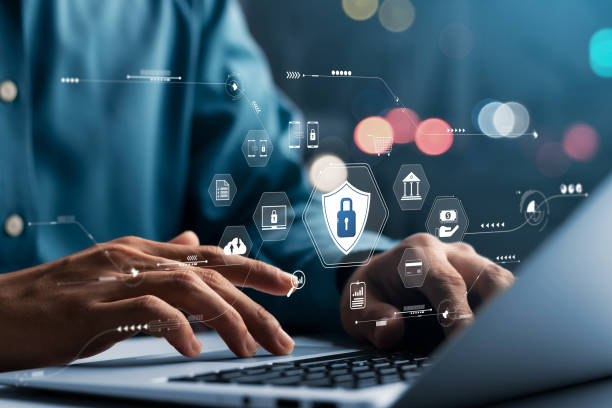
6. Digital Identity Solutions
Creating secure and universal digital identities is crucial for government interactions and transactions:
Biometric Identification: Technologies like facial recognition, fingerprint scanning, and iris recognition are enhancing security in government services.
Single Digital Identity: Governments are consolidating various identity documents into a unified, secure digital identity system that can be used across multiple services (e.g., healthcare, taxes, education).
7. Data-Driven Decision Making and Analytics
Governments are using big data analytics to improve policymaking, resource allocation, and service delivery:
Predictive Modeling: By analyzing data trends, governments can predict future challenges (like healthcare needs or crime rates) and plan accordingly.
Real-Time Dashboards: Decision-makers have access to real-time data visualization tools, improving responsiveness and adaptability to changing circumstances.
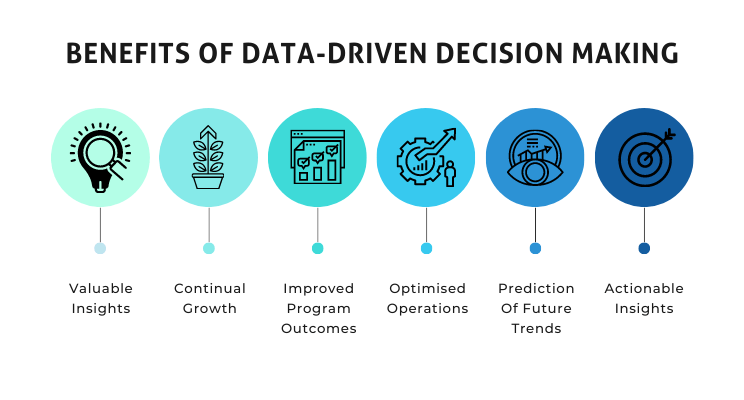
8. 5G Connectivity and Smart Cities
5G is set to revolutionize public services, offering faster and more reliable communication networks:
Smart City Infrastructure: Governments are utilizing 5G to support real-time traffic monitoring, autonomous vehicles, and efficient public transport.
Enhanced Public Safety: Faster network speeds will improve emergency response times and coordination between law enforcement agencies.
Remote Access to Public Services: 5G enables remote healthcare, education, and other essential services, especially in rural areas.
9. Robotic Process Automation (RPA)
RPA helps governments automate routine and repetitive tasks, allowing human resources to focus on more complex issues:
Tax and Benefits Processing: Automated workflows streamline processes like tax filing, benefits disbursement, and application approvals.
Document Processing: RPA can handle tasks like document verification, legal form submissions, and compliance checks, reducing bottlenecks and human error.
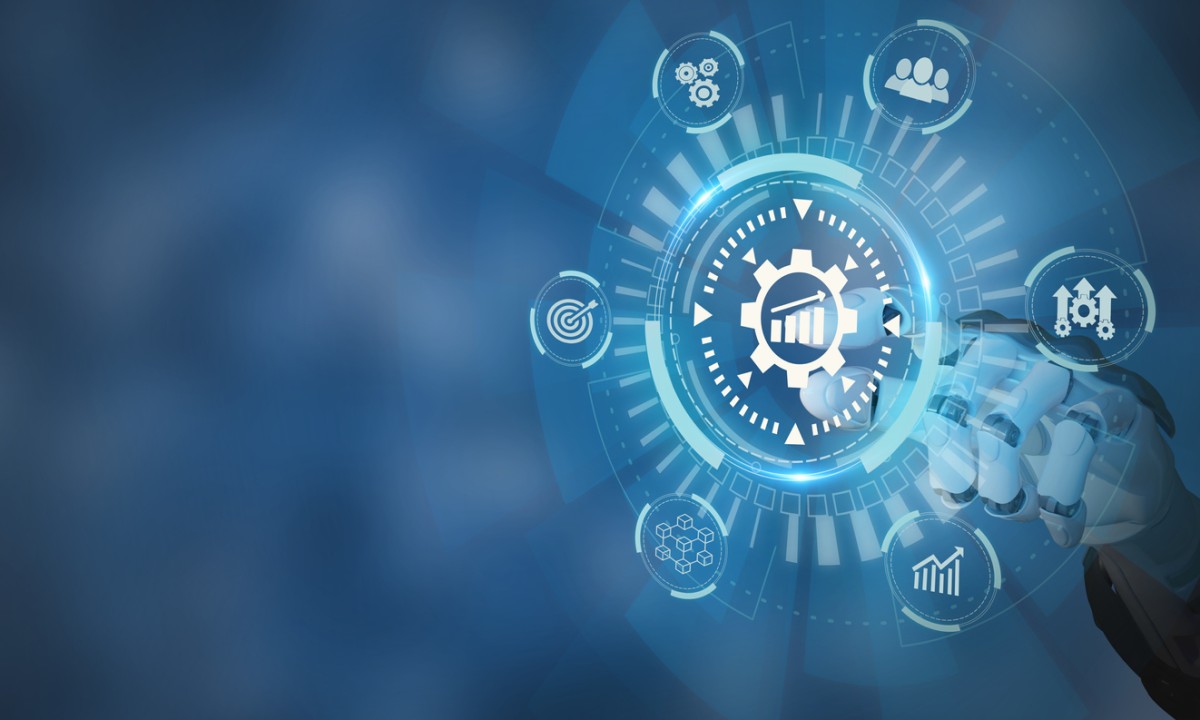
10. Sustainability and Green Technologies
Energy-Efficient Buildings: Smart energy systems in public buildings, driven by AI, monitor and optimize energy use, reducing carbon emissions.
Electric Government Fleets: Transitioning to electric vehicles (EVs) for public service fleets is becoming a priority in sustainability agendas.
Renewable Energy Integration: Governments are investing in renewable energy infrastructure (like solar or wind farms) for public utilities.
Conclusion
The integration of cutting-edge technologies is redefining the future of public services and government operations. In 2024, trends such as AI-driven decision-making, blockchain-enabled transparency, and IoT-powered smart governance are crucial for building more efficient, secure, and citizen-centric government systems.
By adopting these technologies, governments can streamline processes, enhance public trust, and address the challenges of an increasingly complex world. Ultimately, these technological advancements are not just about improving government services—they are about transforming the relationship between governments and the people they serve, making it more responsive, transparent, and inclusive.
